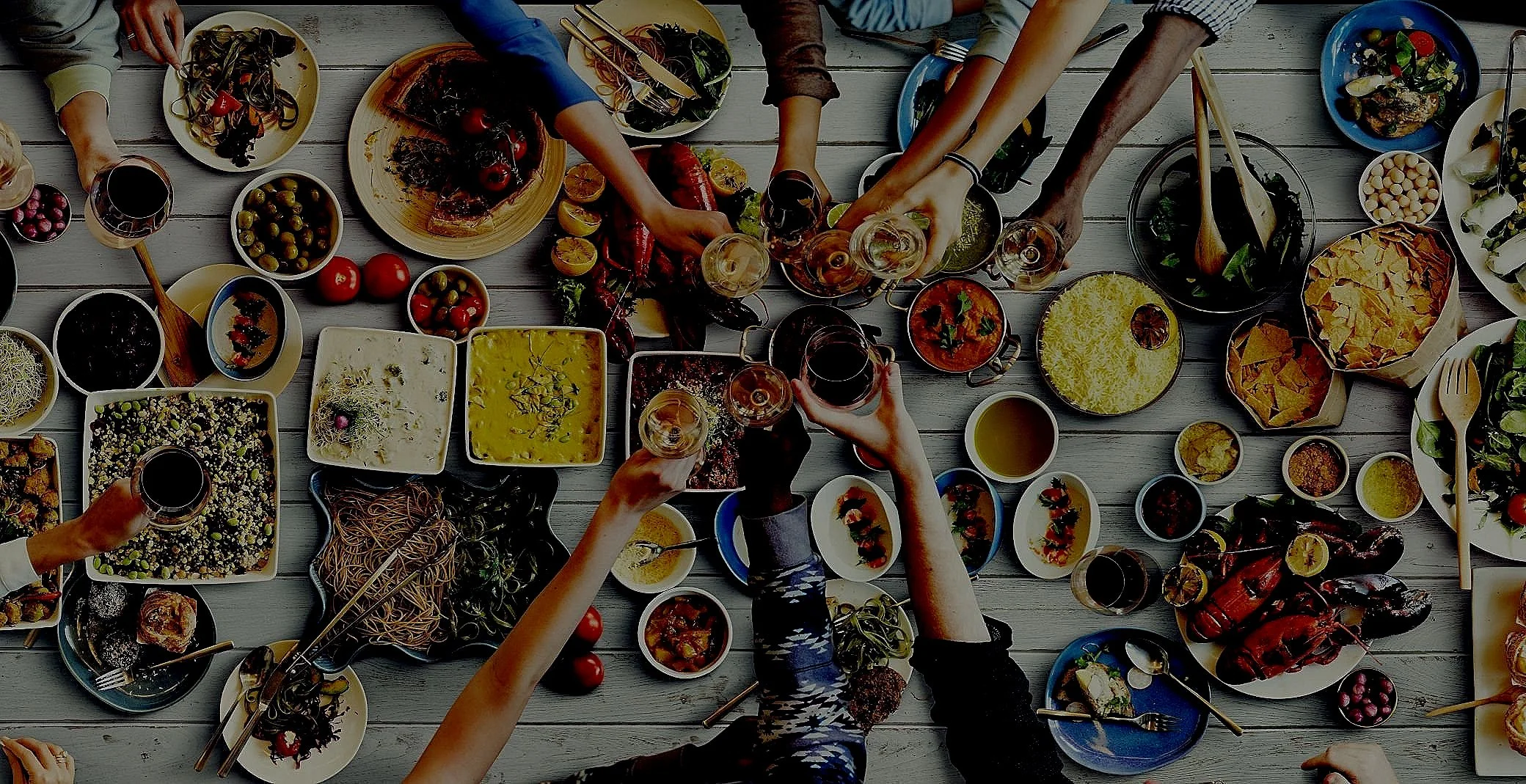July 2020
With some planning, we can make more considerate decisions by buying more sustainable food. These are the different options of where we can shop for groceries and the how-to’s to help us spot sustainable food:
CONVENTIONAL SUPERMARKETS
Opt for regional/ local, organic and seasonal produce.
Regional Produce
Produce marked as ‘regional’ can be misleading since the term has no legal definition. Read the information on the label to check if it is truly local.
The European Identification & Health Mark → will tell you where the food was processed.
Organic Produce
Organic produce is distinguished by the European Organic Seal →, if not by your national organic label. Check out our Organic Seals Guide→.
Seasonal Produce
Opt for Seasonal Produce → and consult a seasonal calendar when buying fruit and vegetables.
LOCAL FARMERS MARKET
‘Local’ generally means that a product has come from your state or immediate geographic region.
This is an opportunity to buy fresher, tastier food directly from growers. A simple internet search will help you locate a market near you.
If there is none in your area, shop your supermarket’s local produce.Buying locally has numerous advantages:
Supporting your local economy: buying directly from producers means spreading less money over long supply chains.
Better for the environment: the emissions released and resources used in processing and transport are considerably cut down, as is the amount of packaging used.
Food is nutritious, fresh and delicious: it ripens naturally and doesn’t need up to a week to arrive in the supermarket.
Eating a broader variety of seasonal produce.
ORGANIC FOOD STORES
‘Organic’ → denotes produce grown on sustainably managed farms that promote the land’s biodiversity and balance. Low levels of pesticides and herbicides are used, none of which are synthetic or artificial. The product itself also contains no industrial solvents or food additives.
Simply search the internet for organic shops near you. If there isn’t one, conventional supermarkets stock organic foods too.
PACKAGING-FREE SHOPS & REFILLERIES
In packaging-free shops customers fill their reusable containers with produce sold without disposable packaging, usually paying by weight.
A refillery delivers your produce right in front of your door.
That is: You order products online, subscribe with regularly scheduled deliveries, leave empty bulk containers outside for exchange, the provider picks them up, and leaves new products/ filled containers at your front door!
This avoids a lot of single-use plastic and can reduce your food waste by allowing you to take exactly the amount you need.
Search the internet for shops in your area, or order from packaging-free online shops such as Beechange.
REMNANT SUPERMARKETS
Food that is rejected from conventional supermarkets, like dented apples or double-legged carrots, and that is past its best before date but is still safe to eat can be bought here.
This helps tackle the massive disposal of edible food perpetrated by large shops.
Search online for any remnant shops that could be near you or buy directly through the internet.
The Real Junk Food Project (UK) and The Good Food (Germany) are examples of remnant shops.
ONLINE SHOPs
With the rise in online food shopping, organic shops are also starting to offer this service.
An online search, some apps or your national organic organisation can tell you where to shop online for organics.
Some local producers might offer their products online too. Such services are often individually tailored and can operate via a subscription.
The Vegan Society lists online vegan-friendly shops by country.
The sustainable alternative of edible insects can also be delivered to your home. Sites like Bugs For Dinner provide information and links.
The same counts for some organic butchers and shops specialised in game.
Learn more
Check our sources: Bibliography →













